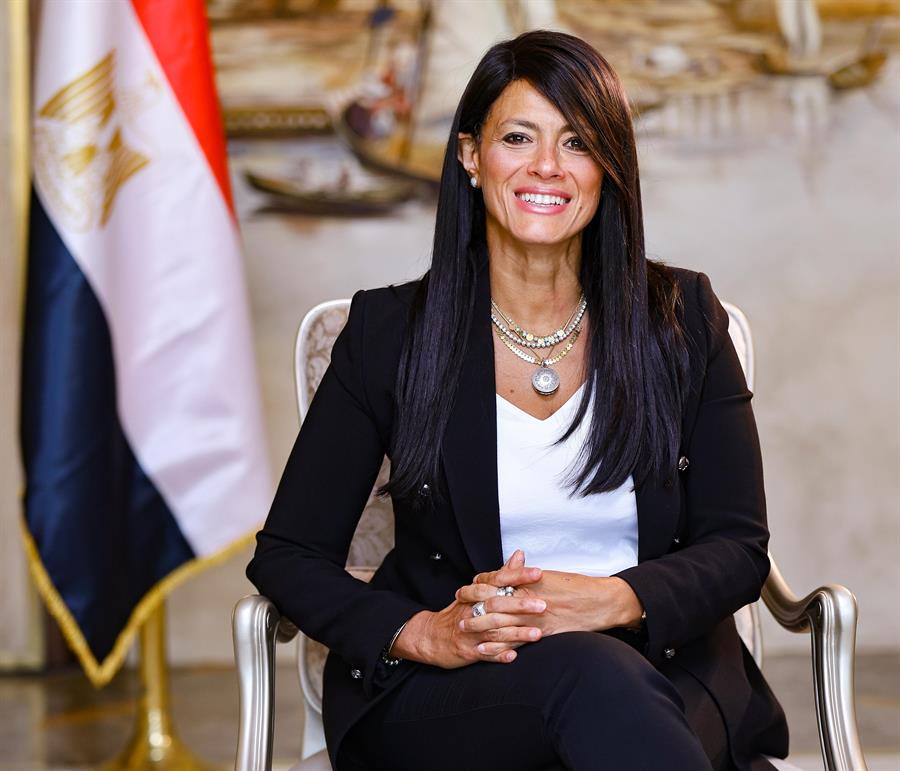Egypt’s Planning Minister announces rehabilitation process of Tahrir Complex with an alliance of 3 largest international companies

07 December 2021
EGP 3.5 billion in two years to develop the complex according to international standards: Says Hala El-Said
Dr. Hala El-Said, Minister of Planning and Economic Development, said that Egypt is a country rich in many assets, including untapped assets, referring to the Tahrir Complex, which was transferred to The Sovereign Fund of Egypt (TSFE), where the best exploitation of this asset was initially studied through communication with some companies advisory. El-Said explained that some meetings were held with the developers, so that the Tahrir Complex, after its development, became a mixed-use place that includes a hotel part, and an administrative and commercial part, while preserving the historical character of the building.El-Said continued that there were a set of conditions and criteria that were taken into account regarding the companies applying to develop the building, such as the company’s financial solvency and its previous experience in developing similar buildings.
“Studies were also conducted on the traffic densities in the Tahrir area, providing the necessary garages for cars and other important matters to achieve the goal of developing the complex,” She added. El-Said indicated that there was a committee that included the ministers of tourism, antiquities, and housing to set initial standards, and international expert houses were used to study the best uses of the Tahrir Complex building.
El-Said added that the agreement signed with the winning alliance to develop and rehabilitate the Tahrir Complex includes pumping investments of about EGP 3.5 billion within two years from the date of the contracting company's receipt of the building.Regarding the winning alliance in the development process of the complex, El-Said said that the sovereign fund succeeded, through the process of developing the Tahrir Complex, in attracting an investment alliance that enters the Egyptian market for the first time, which is the American alliance. The US consortium includes Global Ventures Group, Oxford Capital Group, and Al Otaiba Investment Company, after a bidding process aimed at attracting developers and partners from all over the world.El-Said noted that the importance of developing the Tahrir Complex comes due to its historical and symbolic value to the Egyptian people, as it is the most famous governmental site in downtown Cairo in Tahrir Square.
The strategy of TSFE in this regard includes developing the building to be of mixed-use (hotel - commercial - administrative - cultural), and in harmony with the nature and development efforts undertaken by the state in the downtown area and Khedive Cairo.









